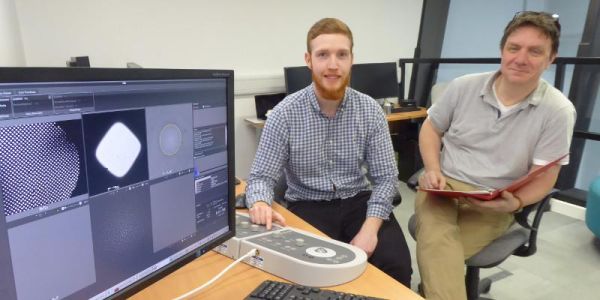
Grab a Pint of Science with University researchers
University of Leeds scientists will bring science to the local pub this May, discussing everything from microbubbles to sustainable cities.

University of Leeds scientists will bring science to the local pub this May, discussing everything from microbubbles to sustainable cities.

A new study suggests that a diet free from red meat significantly reduces the risk of a type of colon cancer in women living in the United Kingdom.

Antarctica’s great ice sheet is losing ground as it is eroded by warm ocean water circulating beneath its floating edge, a new study has found.

Surgeons progressively ‘warm-up’ as they repeat a procedure on their operating list, akin to the way athletes’ performance improves across a competition – according to new research.

Nobel laureates from across the scientific spectrum and around the world will be sharing their expertise and insight with a University of Leeds researcher later this year.

New research has identified the devastating impact of pre-existing health problems on recovery from a heart attack.

Leeds Festival of Science returns this month to showcase plate tectonics, interactive space toys and the funny side of climate change.

Researchers have found that 70% of UK households would be better off if costs of government energy policy were removed from gas and electricity bills and applied according to household income.

An off-label drug prescribed to treat osteoarthritis of the hand when conventional medication has failed is ineffective, according to new research.

New research, led by the University of Leeds, offers an explanation for the discrepancy between the size and age of the Rosetta Nebula’s central cavity and that of its central stars.